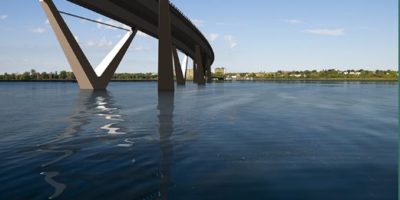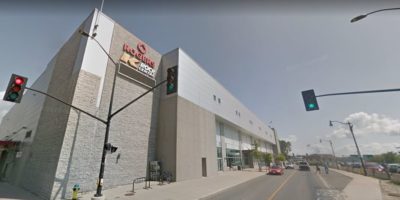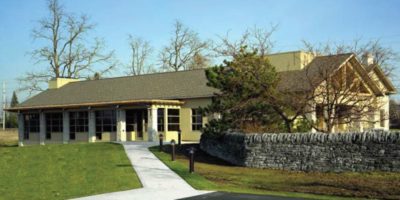Kingston wants a piece of the pot.
City council has endorsed a motion asking the provincial government for a share of marijuana tax revenues that are expected to start flowing once the drug is legalized for recreational use this summer.
“We need to put the province on notice. They can’t take in all this money and not provide to the host municipalities,” said Coun. Keven George, who also serves as Kingston’s representative on the powerful lobby group, Association of Municipalities of Ontario.
The federal government has committed 75 percent of revenues derived from the sale of cannabis to the provinces and territories. However, the Ontario government has not yet decided exactly what it will do with its share of pot revenues.
Public health boards, police and now, municipalities, are lining up for a share of revenue they say will be needed to offset the extra costs associated with marijuana legalization.
“It goes beyond public health,” said Coun. Jim Neill. “There’s the potential for other costs borne by the city.”
At their Feb. 6 meeting, councillors backed a motion by the Kingston, Frontenac, Lennox and Addington public health board that urges the provincial government to “dedicate a portion of the cannabis excise tax revenue from the federal government to local public health agencies in Ontario.”
However, councillors tacked on an additional request to the motion that also “seeks cannabis excise tax revenues to cover all additional costs of municipal policing and bylaw.”
Kingston was recently selected as one of the first Ontario communities to have a legal marijuana store in time for the federal government’s planned July 2018 legalization date. The stand-alone retail store will be run by the newly-formed Cannabis Control Board of Ontario (CCBO) and will follow rules similar to LCBO outlets, including no purchases allowed by anyone under the age of 19. The Kingston outlet will be among 40 stores expected to open province-wide this summer, rising to 80 stores by 2019, and 150 stores by the end of 2020.
Community services commissioner Lanie Hurdle says the city is still trying to assess the cost impact to the municipality, telling councillors: “We don’t have the details yet.”
City and provincial officials are working on the exact location of a pot store, but the final location could be decided by the province as early as March.
Among the requirements the city is suggesting; the cannabis store be located in an area that’s zoned for commercial activity and in a retail hub that has ample parking, and the store be kept at least 300 metres away from “sensitive” areas such as schools, places of worship, community centres and playgrounds.



